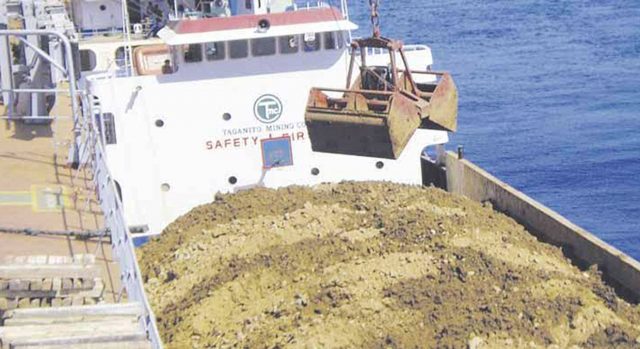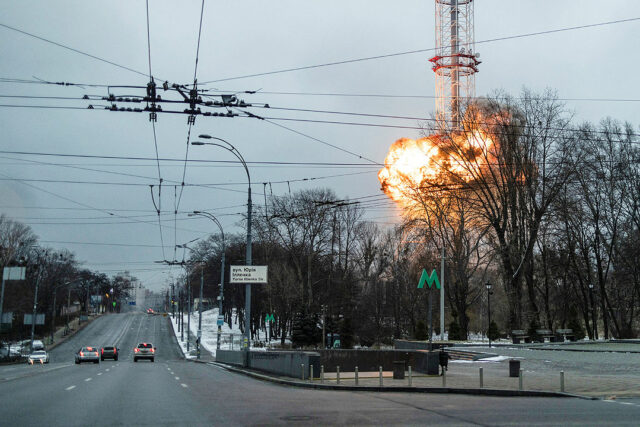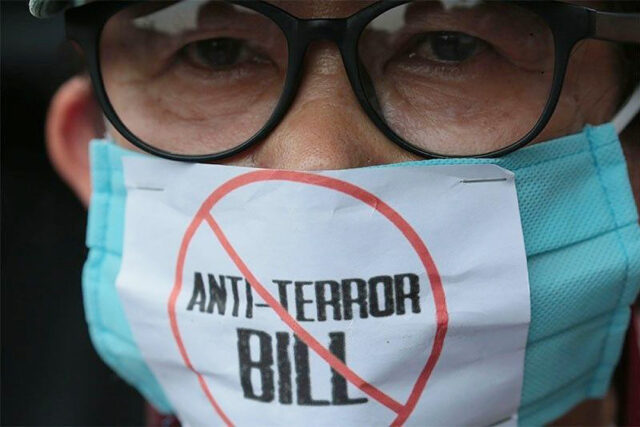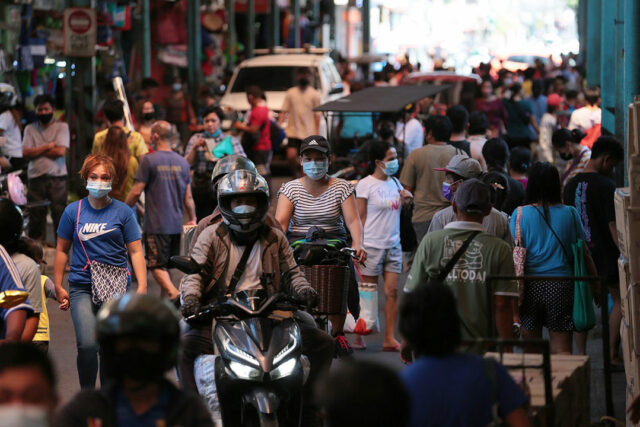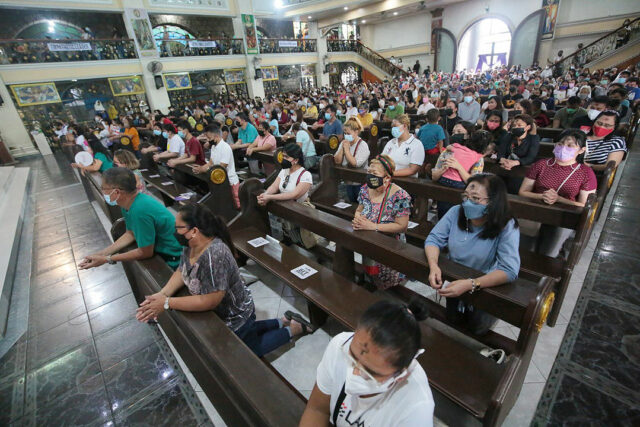PHL seen carving out niche as alternative metals source if major suppliers falter
THE Philippines could position itself as an alternative metals supplier if major producers like Indonesia take their output off global markets, or if supply is otherwise disrupted, IHS Markit said.
It added that the Philippines is well-positioned in metals required for electric cars and other “green” applications.
At a recent virtual forum, IHS Markit Associate Director of Pricing and Purchasing Amanda Eglinton said the Philippines can fill supply gaps in the event Indonesia, the top nickel exporter, once again bans ore exports.
Ms. Eglinton added that 72% of all nickel produced goes into the manufacture of stainless steel, while electric vehicle (EV) batteries are a growth market, currently accounting for 7% of nickel demand.
“If there were to be disruptions to that supply, that would open up a big opportunity for the Philippines,” Ms. Eglinton said.
“We do expect demand from the battery sector to dominate the growth in nickel consumption. Over the last year, the Philippines and Indonesia have been the top producers of mined nickel globally, and will continue to (grow) in the following years,” she added.
Trade Undersecretary Ceferino S. Rodolfo said the Philippines is already heading towards servicing the green economy and tapping surging global demand for the metals deemed critical for products meant to arrest environmental degradation.
“Our view for a modern post pandemic Philippine economy can be anchored on the results from the 2021 United Nations Climate Change Conference (COP26), particularly as we see this imperative for greening the supply chain as an opportunity for the Philippines to process critical minerals including green metals where the Philippines has relative abundance, such as nickel, cobalt and copper,” Mr. Rodolfo said.
Citing the International Copper Study Group, the Board of Investments (BoI) said Philippine copper production has stabilized at between 70,000 and 80,000 metric tons (MT) over the last two or three years, with production estimated to hit 400,000 MT in the next 20 years.
IHS Markit Director of Research and Pricing John Mothersole said the Philippines can compete with other markets due to its strategic location.
“While the Philippines is a relatively small producer, the country can stand head and shoulders in other markets with its strategic location coupled with the additional investments in smelting and refining capacity,” Mr. Mothersole said.
Mr. Mothersole said copper is seen as an efficient electrical and thermal conductor, which reduces the energy needed to power devices.
“There is no doubt that copper is vital in energy transition because of the efficiency in transmitting energy. Gross copper demand for energy transition will be three times higher by 2035 globally, driven by electric vehicles and power distribution investment. In fact, energy transition technology accounts for about 6.6 million MT of the world’s copper production with a total market of about 25 to 26 million MT,” Mr. Mothersole said.
According to the BoI, the Philippines is set to attract more investors to the Leyte Ecological Industrial Zone, which is billed as a suitable location for copper processing.
Celine Buechel, IHS Markit Principal Research Analyst-Battery Materials, said cobalt demand could post growth rates in the double digits between 2020 and 2030.
“Additionally, EV batteries have increased their share in overall cobalt consumption at 13% in 2020 and up to 36% in 2025. Cobalt consumption will be greater in electric cars than in portable devices after 2025,” Ms. Buechel said.
Stefan Schlag Leon Beraud, IHS Markit’s executive director for Inorganic Chemicals, Minerals, and Mining Chemicals, said the Philippines can jump-start its electric vehicle industry via subsidies and restrictions on the use of combustion engines in vehicles.
Asked to comment, Nickel Asia Corp. President and Chief Executive Officer Martin Antonio G. Zamora said by mobile phone message that IHS Markit’s projection is positive for the mining industry.
“It is a fact that the foundation of a green economy is a responsible and sustainable mining industry,” Mr. Zamora said.
“The growing global demand for renewable energy and electric vehicles will keep green metal prices high for some time to come. Nickel Asia is poised to take advantage of this demand and supply equation for green metals — not to mention also our diversification into the renewable energy sphere,” he added.
Michael T. Toledo, Chamber of Mines of the Philippines chairman, said in a mobile phone message that metals supporting green technology will be key products for the mining industry.
“The fact that the Philippines is rich in copper and nickel bodes well both for the mining industry and the economy. The Philippines is in a good position to be a major supplier of these minerals,” Mr. Toledo said.
“Copper, for example, is used for electric cable, and will be indispensable for electric vehicles and renewable energy generators such as solar panels. Nickel, on the other hand, is used for automobile batteries to make them safe and stable,” he added.
The Mines and Geosciences Bureau estimates the value of Philippine metallic mineral output in the first nine months of 2021 rose 22.34% to P121.16 billion as metal prices rose. — Revin Mikhael D. Ochave

